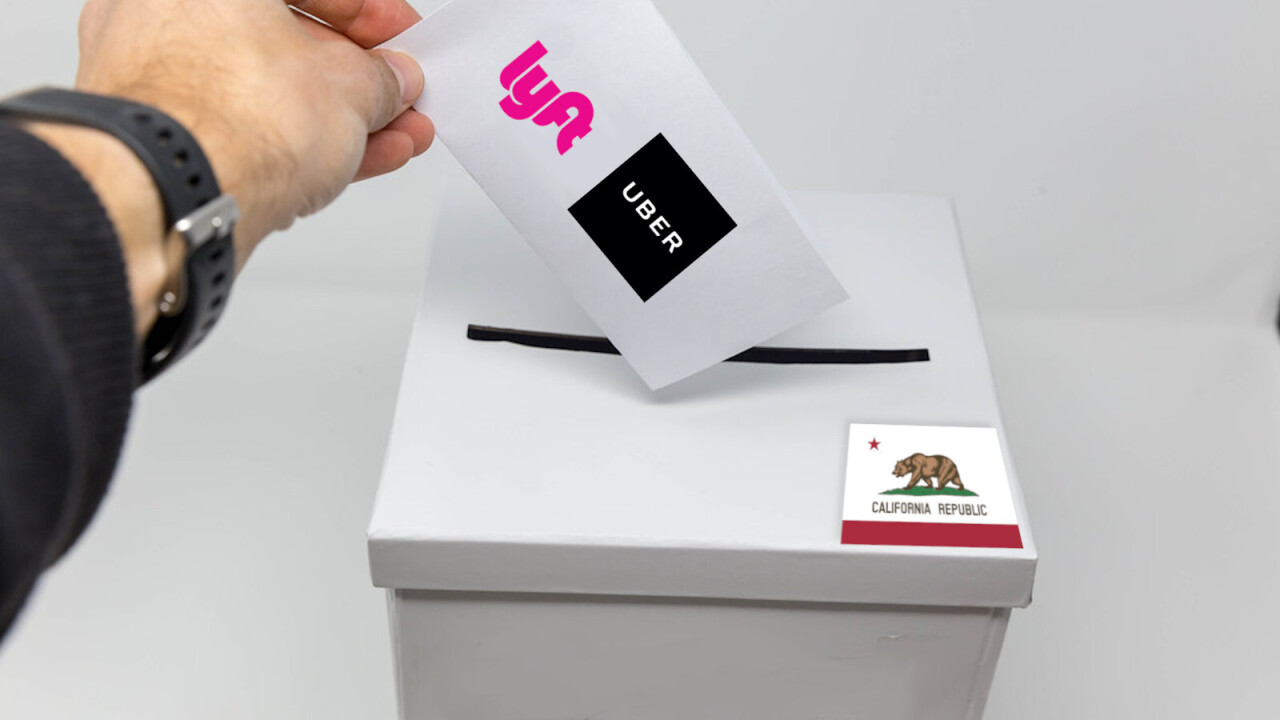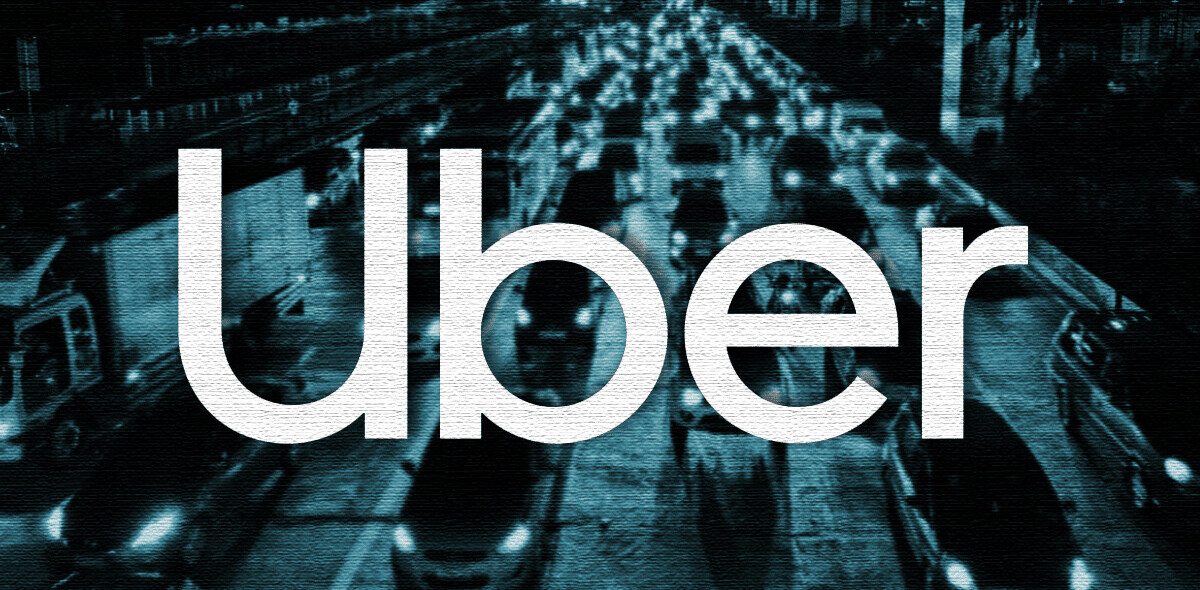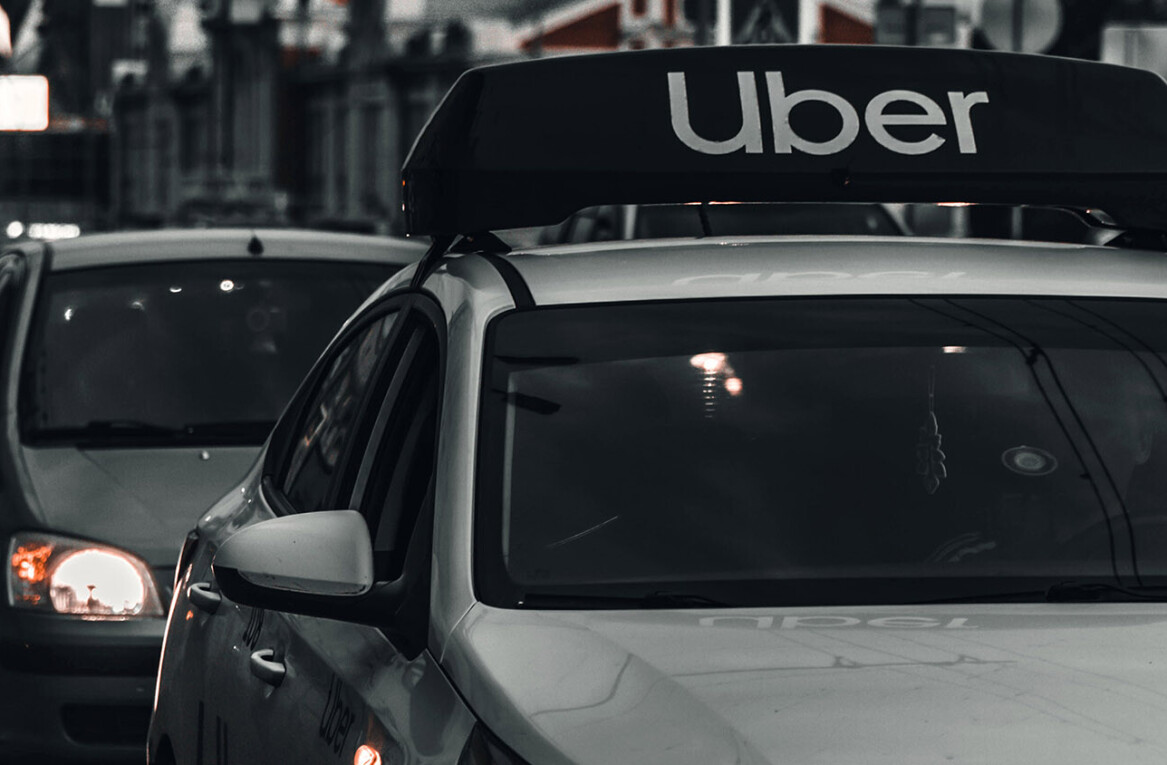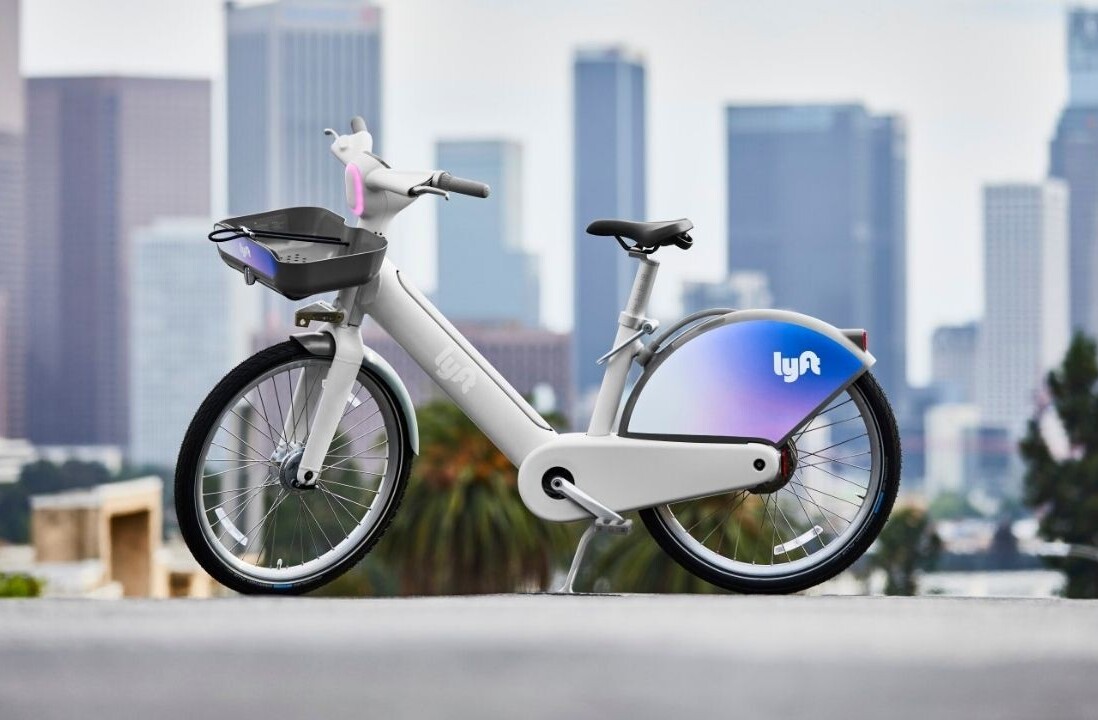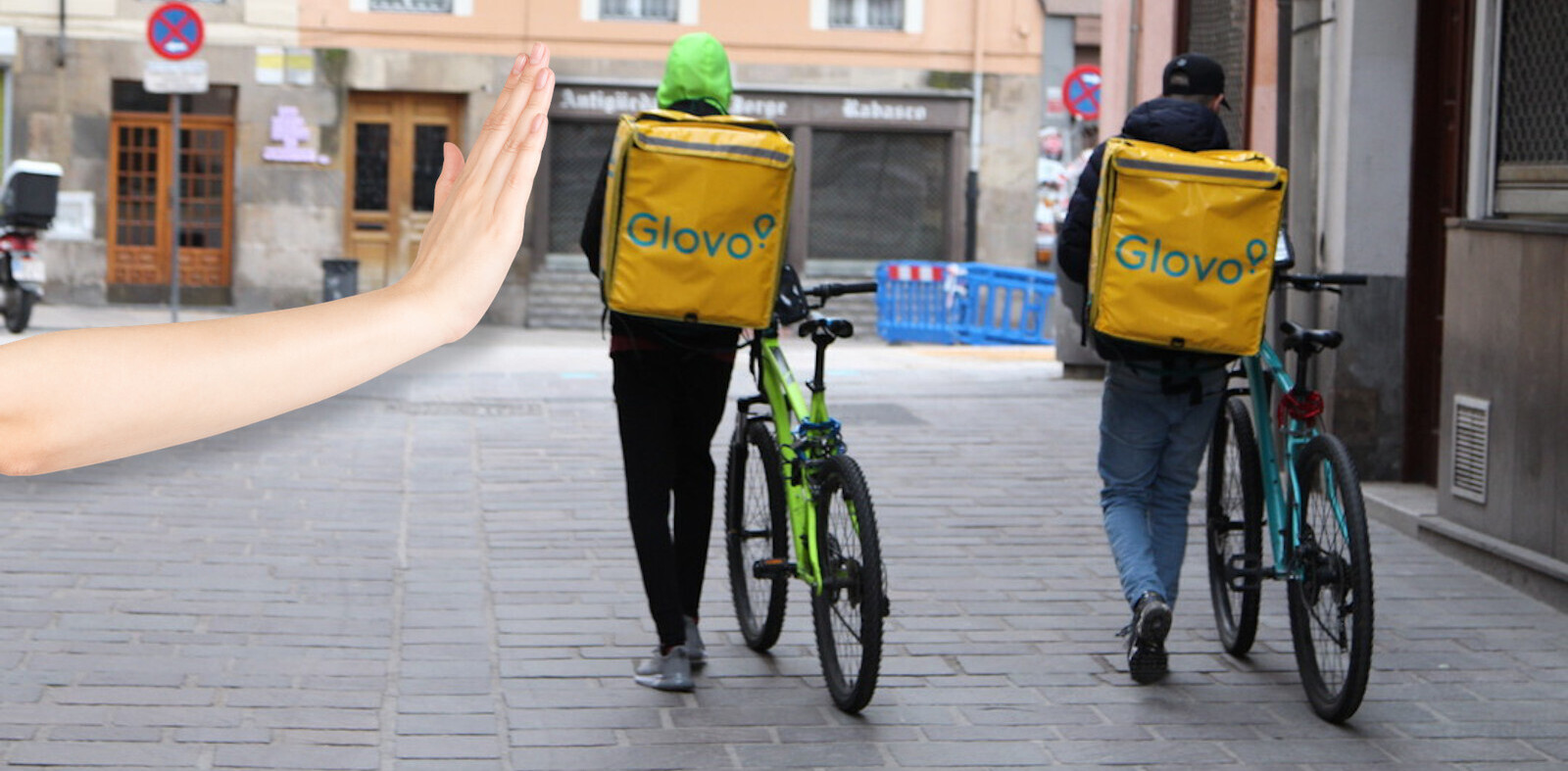After being handed a temporary reprieve last week, Uber and Lyft are allowed to continue operating in California, but the companies are running out of options.
With every failed legal case and subsequent appeal, the ride-hailing firms are skating on thin ice and are putting an increasing amount of faith in the public as they look to Proposition 22 to play the deciding role in the future of how drivers are classified.
[Read: LiDAR is getting so cheap it’d be madness not to use it in self-driving cars]
Proposition 22 is going to crop up a lot in the next few months, so let’s take a closer look at what it is, and how it could set a precedent for all kinds of gig-workers.
Firstly, let’s rewind to the start of the year when Californian regulators enacted the AB5 (Assembly Bill 5) legislation that was first passed in September 2019, which requires gig-workers — like those that drive for Uber and Lyft, and deliver takeaway food — to be classified as employees not independent contractors. The legislation was designed to provide gig-workers with legitimate employment and associated benefits like healthcare and workplace insurance.
Uber, Lyft, and other companies that rely on gig-workers to deliver their business have continually fought the legislation. They claim that drivers do not contribute to their core mission and thus do not fall under the scope of AB5. The companies also say that they wouldn’t be able to offer drivers the same flexibility over working hours they have now if they follow the rules.
The ride-sharing companies, and food delivery firm DoorDash, have together put over $100 million into a campaignto fight the legislation, so they can continue operating on their own terms. The culmination of which will be Proposition 22.
To give it its full name, California Proposition 22: App-Based Drivers as Contractors and Labor Policies Initiative (2020) will be voted on by the public as part of November’s US election. It will be an “on ballot” option for Californian voters to have their say on the matter.
In August 2019, prior to AB5 laws being passed in September 2019, Uber, Lyft, and DoorDash each pledged $30 million into a collective account to fight the new regulations. The ballot initiative (P22) was officially filed in October last year. Food delivery firms, Instacart and Postmates, went on to join the initiative and each committed $10 million to fighting the Californian regulations. As of June this year, the companies have provided over $110 million to support the P22 ballot campaign, according to Ballotpedia.org.
For those that vote in favor of P22, they will support Uber and Lyft, and allow them to define app-based transport, ride-sharing, and delivery drivers as independent contractors. It will allow them to adopt their own labor and wage policies specific to app-based drivers.
A vote against the proposition will land in support of Californian regulators. Meaning that legislators will be able to defer to AB5 laws to define whether gig-workers should be recognized as employees or operate as independent contractors.
Per AB5, there is a three-factor test to establish if a worker is classified as an independent contractor. For a driver to be classed as a contractor they must: “Be free from the hiring company’s control and direction in the performance of work; the worker must do work outside the company’s usual course of business; and they must be engaged in an established trade, occupation, or business of the same nature as the work performed.”
All that said, if the ballot passes some drivers will get some protections, but they still won’t be on the same level as regular employee benefits. For a full breakdown check out this useful resource from Ballotpedia.
Uber and Lyft have been critical of AB5, saying that it inhibits the flexibility of workers and that most of their drivers don’t actually want to be employees. However, Uber and Lyft have been criticized by academics that study the gig-work economy for conflating flexibility with employment status.
The biggest flaw—and there are many—with Dara Khosrowshahi’s (Uber CEO) OpEd in the @nytimes this morning is that he conflates independent contractor status w/flexibility…And says drivers want to be ICs. This paper of mine takes that contention on:https://t.co/Uf4Gsd5H1Z
— Veena Dubal (@veenadubal) August 10, 2020
Ultimately, though, it boils down to the fact that their business models rely on drivers being gig-workers with no benefits. According to a recent San Francisco Chronicle article, the companies’ labor costs could increase by 30% if drivers had to be recognized as employees.
Californian voters will get to vote on Proposition 22 on November 3, during the US’ national election.
Despite all the court cases that Uber and Lyft have been hit with since AB5 laws came into force, it seems that the fate of drivers will lay in the hands of the voting public. While they’re voting on a case directly relevant to California, its outcome could set a precedent for others to follow and have far-reaching consequences that reverberate beyond the Golden State.
HT – Business Insider
So you like our media brand SHIFT? You should join our SHIFT event track at TNW2020, where you’ll hear how data, autonomy, and connectivity are fueling the future of mobility.

Get the TNW newsletter
Get the most important tech news in your inbox each week.
